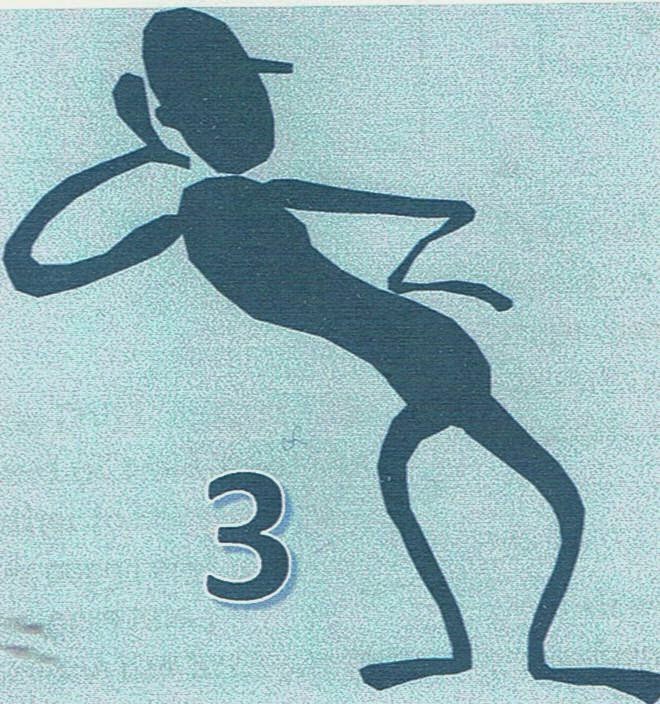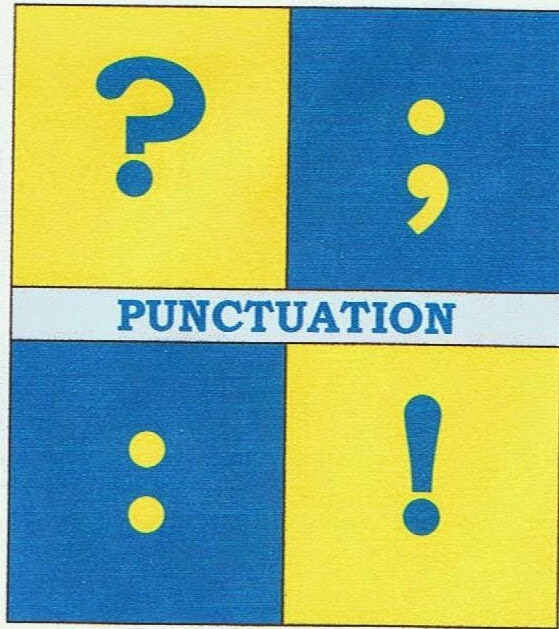ON SPEAKING

ON SPEAKING When it comes to dealing with speaking , independently of approaches, and even methods, I have observed that we must always bear in mind not only the principle that the student should be led from the easiest to the most difficult aspects of the language ( Situational and notional-functional don’t, for instance) but also that of taking him from the most controlled to the least controlled or freest speaking activities. Evidently, methods based on a behaviourist approach will favour the former, whereas those that follow cognitivism will prefer the latter. Thus, to be effective, a syllabus should go through different phases: controlled, semi-controlled and free speaking activities, but also making sure that they do co-exist at the same level, although control may be reduced (oral drills) as the learner goes up the scale and eventually reaches, let me call it “the debate stage”. Considering this coexistence, I have got to the conclusion that ev...

